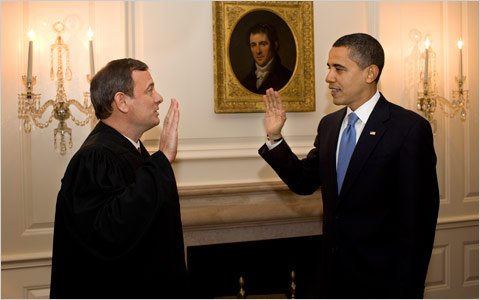Those seriously interested in the meaning and the politics of racial epithets (as some of the commenters on Pakigate, Sootygate, Gollygate seem to be) should take a look at a paper called "The semantics of racial epithets", published by Christopher Hom in The Journal of Philosophy CV [= 105], no. 8 (August 2008), pp. 416-440. This is a technical paper in philosophical semantics (it's philosophy, not linguistics; and let me say that I do not necessarily endorse the view that it defends). Hom outlines its aim on his website thus:
Racial epithets are derogatory expressions, understood to convey contempt toward their targets. But what do they actually mean, if anything? While the prevailing view is that epithets are to be explained pragmatically, I argue that a careful consideration of the data strongly supports a particular semantic theory. I call this view Combinatorial Externalism (CE). CE holds that epithets express complex properties that are determined by the discriminatory practices and stereotypes of their corresponding racist institutions. Depending on the character of the institution, the complex semantic value can be composed of a variety of components. The account has significant implications on theoretical, as well as, practical dimensions, providing new arguments against radical contextualism, and for the exclusion of certain epithets from First Amendment speech protection.
Thus Hom is offering a reasoned case that it is best to see the denigratory character of racial epithets as built into their actual conventional meanings, and not just as a possible concomitant of some of their occasional uses. (Many of commenters seem to align with this view, though they tend to just assert it and call any other views absurd, rather than present arguments.)
Read the rest of this entry »

